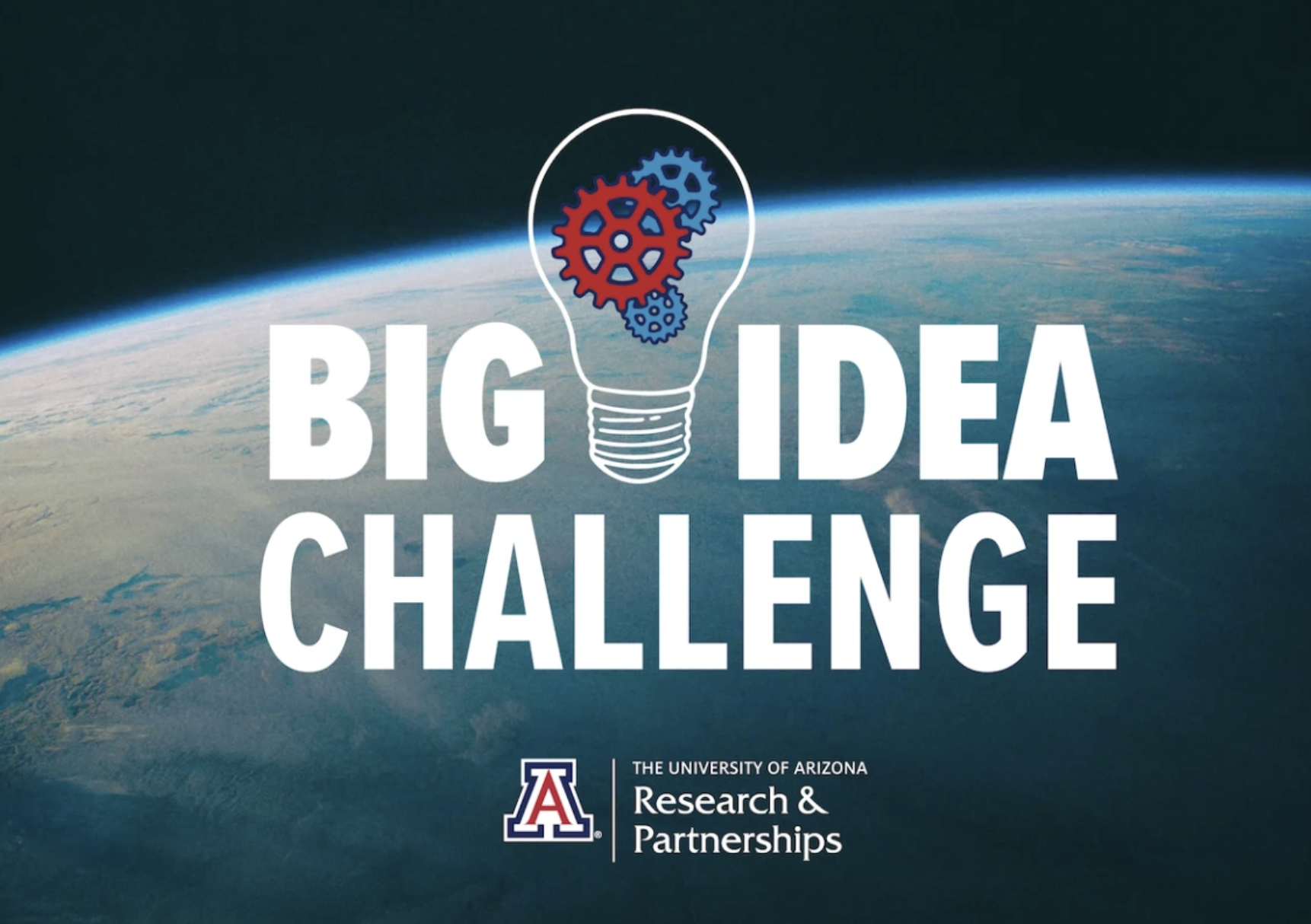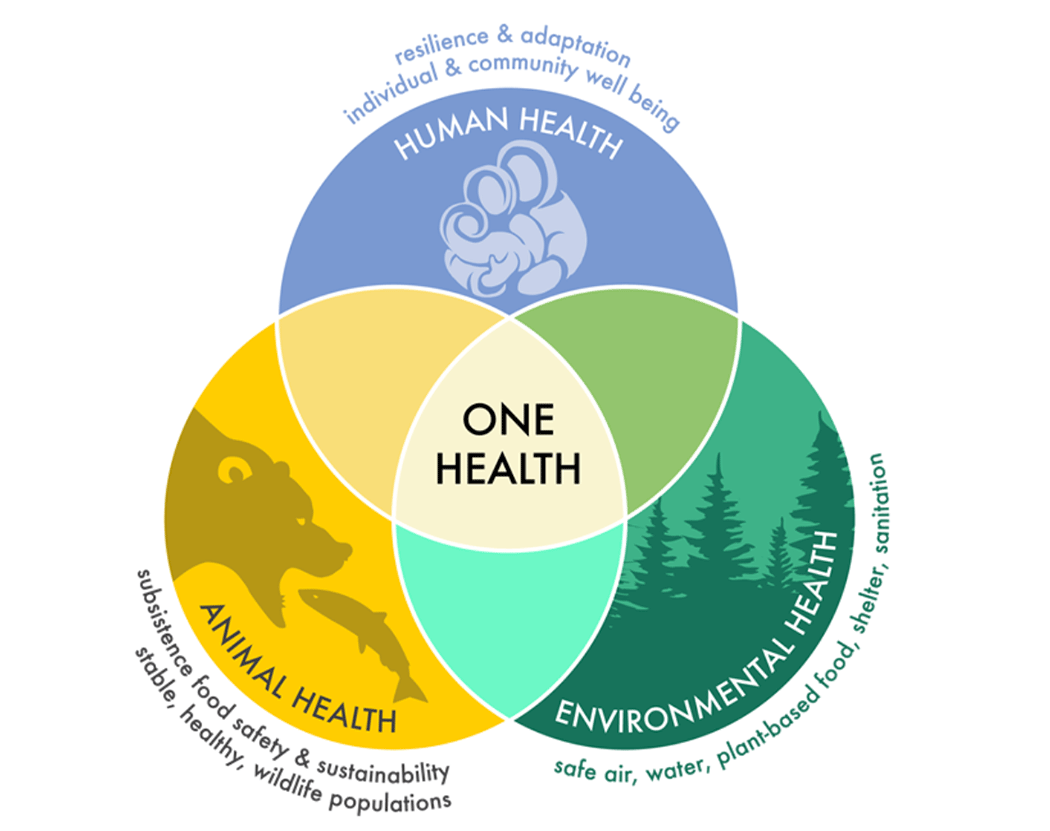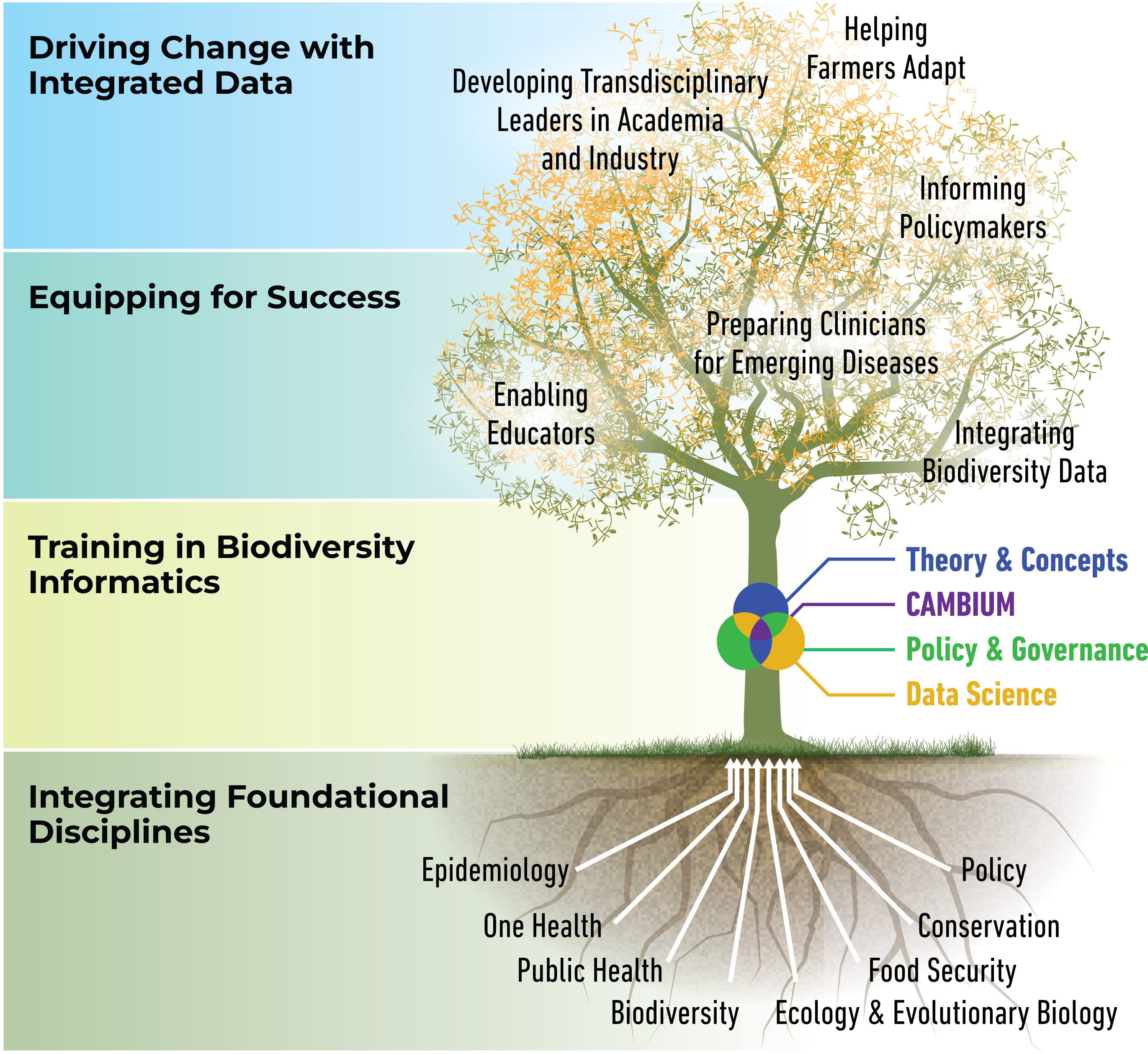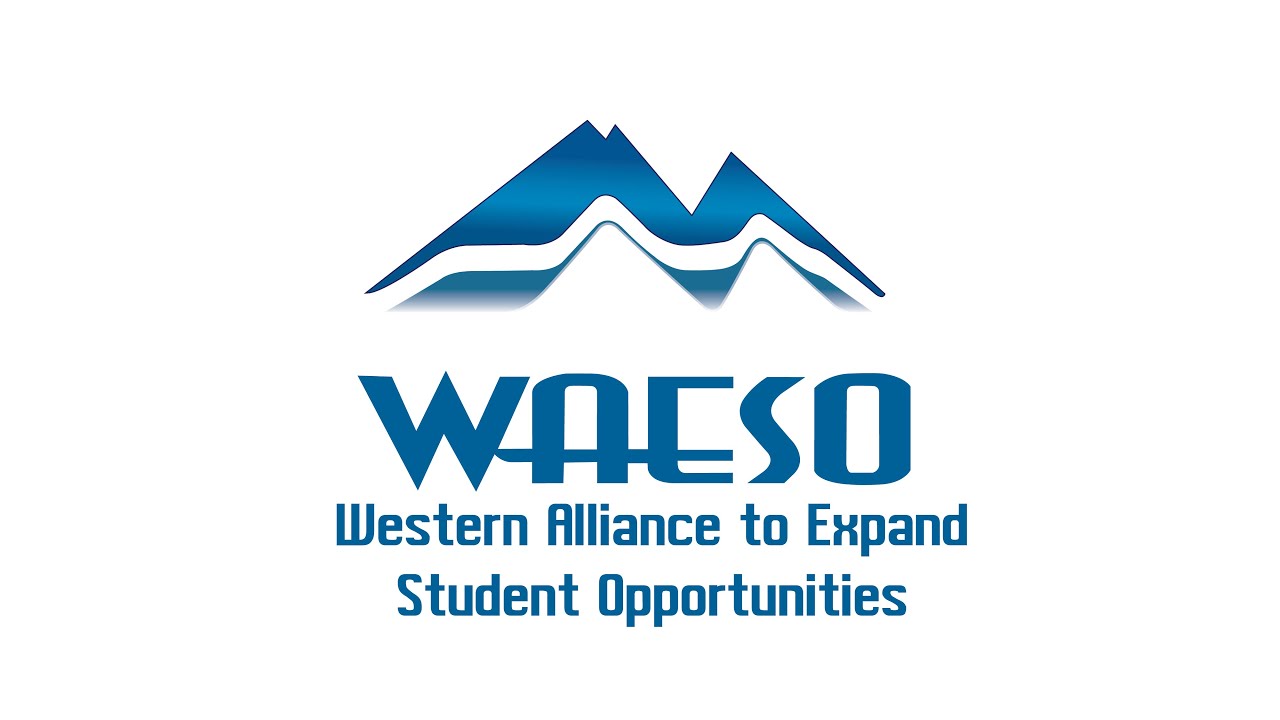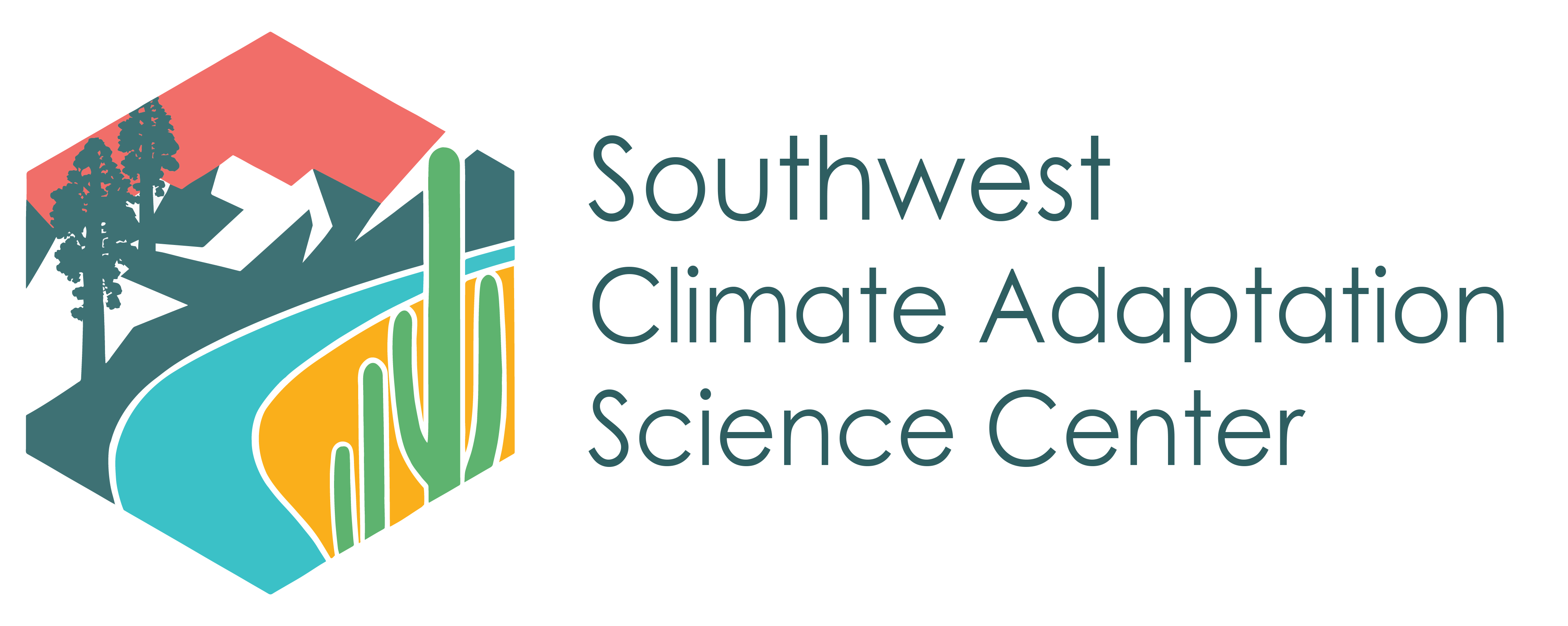Explore grants
At the Data Diversity Lab, our work is often supported by research grants. In this grants section, we offer a window into the current and past funding landscape within the lab. We are committed to transparency and accountability in our research program.
We express our gratitude to the funding agencies and organizations that believe in our work. If you have any inquiries or would like to collaborate on future grant opportunities, please contact us.
USGS
Biotic and abiotic drivers of the prevalence of a tick and associated vector- borne disease.
Grant amount: $438,945PI: Sabrina McNewCo-PI(s): Cristian Román-Palacios, Paulina Maldonado-RuizYears: 2024-2027
Climate change is driving the emergence of disease as arthropod vectors track shifts in temperature and precipitation. Tick-borne diseases have negative effects on humans and wildlife in North America; however, the presence and role of ticks in arid ecosystems is typically underestimated. One new parasite of concern in Arizona is the Gulf Coast tick (Amblyomma maculatum), a vector for a spotted fever rickettsiosis (caused by the bacteria Rickettsia parkeri). The tick has only been recorded in Arizona since 2014, but it is unknown whether it previously existed in this region and was undetected, or whether shifts in climate or habitat availability drove its emergence. In 2024, we conducted preliminary sampling for the Gulf Coast tick in SE Arizona. We found that Gulf Coast ticks are widely distributed in this region and use a large range of bird species as hosts. In partnership with land managers, public health specialists, and avian conservation biologists we propose to expand this project to further identify the factors that govern the distribution of the tick and its bacteria and quantify their effects on avian hosts.
...read more
University of Arizona
Building a Bridge Between Open Access Mapping and Formal Planning Efforts
Grant amount: $25,000PI: Cristian Roman-PalaciosCo-PI(s): Mackenzie WallerYears: 2022
Seed grant from the College of Architecture, Planning and Landscape Architecture (UArizona). Project aimed at funding the development of a pilot software to bridge formal planning efforts and open-source software for community mapping. Project developed with Mackenzie Waller (co-PI), Assistant Professor at the College of College of Architecture, Planning and Landscape Architecture at the University of Arizona.
...read more
Catalyst Seed Fund Award
Grant amount: $3,500PI: Cristian Román-PalaciosYears: 2024
A seed grant was awarded to our team as a new member of the UA's vertically integrated projects program. This will help fund a team of undergraduate students focusing on "Historical Biogeography and Extinction Risk Assessment of Recently Extinct Animals"
...read more
Faculty Seed Grant: Macroevolution of Lifespans Across Animals
Grant amount: $15,000PI: Cristian Román-PalaciosYears: 2024
Decades of research have uncovered extensive variation in lifespans across the tree of life, yet the degree of variability in aging across organisms remains largely unquantified (Medawar, 1952). Similarly, there has not been a comprehensive analysis of the drivers of such variation across species (Li et al. 2023). In addition to the intrinsic importance of quantifying the variation and sources of variance in lifespan at different taxonomic levels, research around aging has been a central topic in medicine and related disciplines (e.g. Ruby et al. 2018). For instance, the extent to which aging can be modified in humans is still a matter of strong debate (Yamamoto et al. 2022). Yet a broader perspective on the evolution of aging is largely lacking. Is lifespan conserved across groups of organisms, or is it more labile? Do environmental and ecological features explain a significant fraction of the variance in lifespan across organisms? These and other questions could provide insights into the potential malleability of lifespan at smaller taxonomic scales.
...read more
From early Earth to Mars: Advancing an integrated “Landscape Terraformation science” of how life transforms planets with a multi-scale collaboratory digital twinning of Biosphere 2
Grant amount: $250,000PI: Scott SaleskaCo-PI(s): Cristian Román-Palacios, Solange Duhamel, Jennifer CroissantYears: 2025
Our grand challenge is to solve global problems with a unified science of biological Landscape Terraformation, a science inspired by the vision of maintaining, or newly creating, sustainable complex multifunction ecosystems that support biodiverse lifeforms including human communities on Earth, Mars, and beyond. With the advent of powerful AI models, real-time sensing, and digital twin technologies, we now have unprecedented ability to couple experimentation with intelligent computation. Thus, our Big Idea is to develop an intelligent, multi-scale dynamic “collaboratory” that learns from real-world experimentation in UA’s unique Landscape Evolution Observatory (LEO) at Biosphere 2, in order to predict, trigger, and steer terraformation processes. Our international team spans interdisciplinary natural science (astrobiology/ecology, geochemistry, hydrology, atmospheric, and planetary science); engineering and mathematics (AI, computer and information sciences); and social sciences, humanities, and the arts to address the multiplanetary advance of our species in all its dimensions. With scientific research, workshops, and digital twin model development, we will attract large-scale extramural support through federal, private, foundation, and international partnerships. The key impact will be a transformative leap in how we understand, design, and sustain living ecosystems, to better foster both ecological resilience on Earth, and the sustainable expansion of life beyond Earth.
...read more
Historical Biogeography and Extinction Risk Assessment of Recently Extinct Animals
Grant amount: ~$4,000PI: Cristian Román-PalaciosYears: 2024
We will collect information on the natural history and geographic distribution of recently animal extinct species (based on criteria from The International Union for Conservation of Nature). We will then use phylogenetic and non-phylogenetic model-based approaches to detect patterns and drivers of extinction in the dataset. This research project comprises five key components focused on understanding events related to biodiversity loss. First, data collection will focus on compiling lists of extinct animal species, along with their distribution data, natural history information, and phylogenetic data. Second, GIS tools will be employed for landscape reconstructions, wherein human impact and geographical changes will be integrated into inferred species distributions. Third, phylogenetic methods, including ancestral range reconstructions, will be utilized to delineate the historical ranges of extinct species and their relatives. Fourth, a comparative analysis will be conducted to test for distributional changes between extinct species and close relatives, with the aim of identifying potential drivers of extinction. Fifth, Species Distribution Models (SDMs) will be incorporated to generate interpretations of the intrinsic and extrinsic factors contributing to recent extinction events.
...read more
Macroevolution Of Lifespans Across Animals
Grant amount: $15,000PI: Cristian Román-PalaciosCo-PI(s): Kiran BasavaYears: 2024
Decades of research have uncovered extensive variation in lifespans across the tree of life, yet the degree of variability in aging across organisms remains largely unquantified (Medawar, 1952). Similarly, there has not been a comprehensive analysis of the drivers of such variation across species (Li et al. 2023). In addition to the intrinsic importance of quantifying the variation and sources of variance in lifespan at different taxonomic levels, research around aging has been a central topic in medicine and related disciplines (e.g. Ruby et al. 2018). For instance, the extent to which aging can be modified in humans is still a matter of strong debate (Yamamoto et al. 2022). Yet a broader perspective on the evolution of aging is largely lacking. Is lifespan conserved across groups of organisms, or is it more labile? Do environmental and ecological features explain a significant fraction of the variance in lifespan across organisms? These and other questions could provide insights into the potential malleability of lifespan at smaller taxonomic scales. Fundamental mechanisms underlying the disparity in lifespans across species have been the focus of extensive research at microevolutionary scales (e.g., cells, individuals, populations; Williams 1957). Research in this field has primarily concentrated on perspectives related to molecular evolution, including selection on deleterious alleles, purifying selection, mutation accumulation, antagonistic pleiotropy, and disposable soma. These perspectives on aging evolution have heavily relied on comparative genomic analysis. Contemporary studies have also shifted towards utilizing cell culture models to delineate genotype-phenotype interactions relevant to biological aging. However, these microevolutionary perspectives often lack a comprehensive understanding of the broader context surrounding lifespan evolution. The macroevolutionary perspective proposed in this project will enable the examination of patterns and trends across diverse taxonomic groups over extensive geological time scales.
...read more
OneHealth
Grant amount: $50,000PI: Cristian Román-PalaciosCo-PI(s): Chris LimYears: 2023
UA’s OneHealth initiative pilot grant aimed at examining spatial and temporal patterns of power outages in the US. Ultimately, this project focused on testing the role of power outages across in the US in health-related outcomes such as hospitalizations.
...read more
The Systematics Association
Molecular systematics of the genus Bryconamericus (Characidae: Stevardiinae)
Grant amount: $2,265PI: Cristian Román-PalaciosYears: 2018
The genus Bryconamericus comprises 79 species of small characid fishes found in Central and South America. Recent phylogenetic analyses have suggested its polyphyly, but the extent of conclusions was limited due to constraints in taxon sampling (33 species 1). Although the lineage's polyphyly has been suspected for a long time (but not formally tested until recently), its taxonomic definition and species composition are currently matter of intense debate. Here we aim to extend the taxonomic sampling within Bryconamericus species from 33 species 1 to 68 species. Specifically, this project will allow us to provide a new generic definition for Bryconamericus, and infer the phylogenetic position of previously unsampled species (i.e., incertae sedis sensu 1).
...read more
NSF
NRT-HDR: CAMBIUM - Climate Change Adaptation and Mitigation through Biodiversity Informatics Education and Mentoring
Grant amount: ~$2,800,000PI: Michael S. Barker Co-PI(s): Brian Enquist, Kacey Ernst, Aaron Lien, Channah RockYears: 2025-2029
As the Intergovernmental Science-Policy Platform on Biodiversity and Ecosystem Services (IPBES) makes clear, Earth is at a biodiversity tipping point, with over one-million species threatened with extinction. A major driver of this extinction is climate change with dire consequences for all life. Animal, plant, human, and environmental systems synergistically influence the health of each system. This concept, known as One Health, suggests that the feedback loops among systems impacted by climate change and biodiversity loss will have myriad consequences for human society. Impacts include loss of livelihoods, food insecurity, changing infectious disease dynamics, and mental/emotional health impacts. Preventing biodiversity and ecosystem service loss leading to these outcomes is a grand challenge facing humankind. To adapt to and mitigate the consequences of climate change, we propose the CAMBIUM NRT to train a new scientific workforce with the data science skills to integrate disparate data streams and produce actionable results for decision-makers in industry and government. Existing graduate programs do not provide the combination of training in biodiversity data science and policy with an emphasis on transdisciplinary team-science training. CAMBIUM brings together scholars from diverse fields to develop a new graduate curriculum that provides a research and training environment to develop a new generation of scientists to use big data integration to address pressing challenges of biodiversity loss and societal well-being. Over the course of five years, CAMBIUM will award two-year fellowships to 18 fellows with additional 250 students participating in the program (~150 PhD and 100 MS). Fellows and non-fellows will be able to apply for research and travel stipends for a total of 192 students funded through CAMBIUM. Keywords: Biodiversity; Data Science; Informatics; Ecology; Ecosystem Services; Species Distributions; Food Security; Public Health; Track 1
...read more
WAESO: Historical Biogeography and Extinction Risk Assessment of Recently Extinct Animals
Grant amount: $3,000PI: Cristian Román-PalaciosYears: 2024
The WAESO grant funded a project that will allow for the visualization and reconstruction of historical landscapes and ranges of recently extinct species. This will enable students to learn about phylogenetic methods and expand on their comparative analysis skills to help identify distribution changes between extinct species and their sister taxa. The results of this research will aim to add to the global collaboration efforts on biodiversity conservation and action.
...read more
NIH
Southwest Center for Outreach and Resilience in Climate and Health (SCORCH)
Grant amount: $3,800,000PI: Kacey Ernst, Mona Arora, Joseph HooverSubaward: $290,453Years: 2024-2026
Our lab was involved in securing a $3.8 million NIH-P20 grant that was awarded to the University of Arizona and the University of Utah. This grant is intended to establish the Southwest Center for Outreach and Resilience in Climate and Health (SCORCH). Dr. Román-Palacios’ role within this initiative is as part of a sub-award (~$300,000) dedicated to the creation of the Integrated Data Visualization Core (IDVC) to provide support for SCORCH.
...read more
NatGeo
Supporting Colombian Undergraduates through Programming and Phylogenetic Comparative Methods in R
Grant amount: $99,423PI: Cristian Román-PalaciosYears: 2024-2026
This project seeks to equip Colombian Biology students and researchers with fundamental computational tools in programming and phylogenetic comparative methods (PCM) in R. Historically, research in biology within Colombia has relied on methodologies, packages, and phylogenies developed by researchers from the Global North. The focus of this research has oftentimes be related to biological diversity in the Global South. The goal of this project is to provide the foundations to shifting this paradigm from tools and methods developed in the global north to congruent fameworks developed in the Global South. Our project aims to teach students and researchers fundamental methods that will enable them to enhance both R and PCM toolboxes from a more equitable perspective. We will select students from public institutions in Colombia and will conduct workshops in the same institutions. These universities are strongly underserved by the Colombian government and students are often not exposed to fundamental tools that could help them move forward in the field. We will introduce the fundamental concepts of programming in R. Next, we will provide pragmatic introductions to PCM in R. As a direct consequence to this experience, attendees of the events will have the opportunity to coauthor a major publication. This publication will explore reconstructed time-calibrated phylogenies on understudied clades across the Tree of Life. This project represents an unique opportunity to enhance the research in biology while fostering a generation of well- equipped scientists in the Global South who can navigate and shape the future of our field.
...read more




